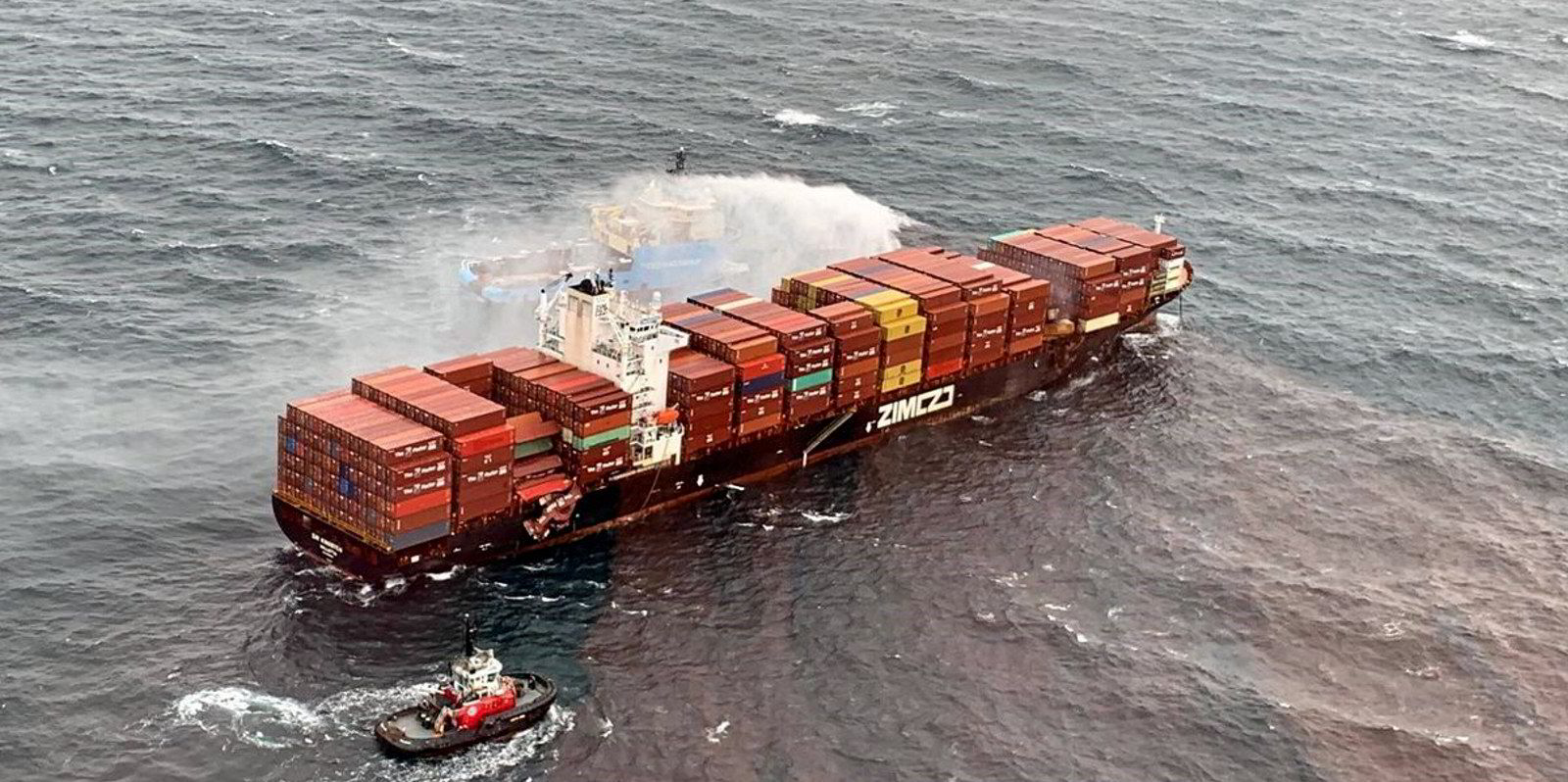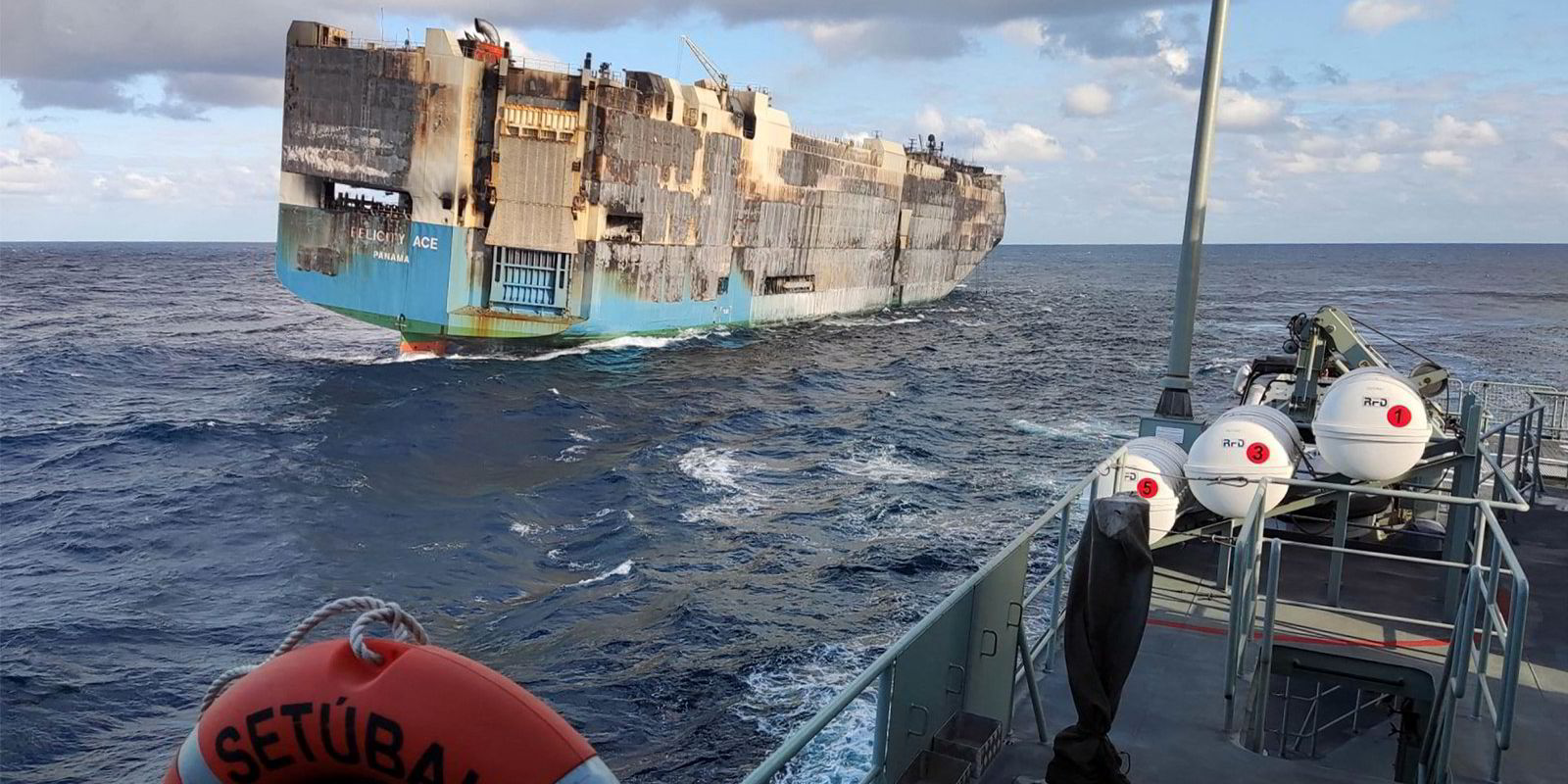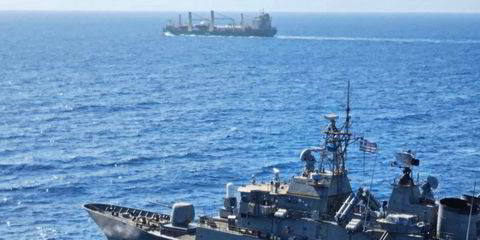Insurer Munich Re, together with the National Cargo Bureau (NCB) and the US Coast Guard, have launched a programme to tackle shipping’s growing problem with cargo fires.
The initiative involves using data compiled through the NCB and USCG’s hazardous cargo inspections and combining it with Munich Re’s predictive analytics capabilities.
The NCB inspects around 31,000 dangerous containerised goods leaving US ports annually to make sure the cargo being loaded on container ships is safe.
The NCB and USCG have captured a significant amount of data and information from these inspections.
The partners in the project want to leverage the combined data to identify potentially problematic shipments for inspection.
The International Union of Marine Insurance (IUMI) has identified improperly stored hazardous materials and mis-declared dangerous cargoes as a common cause of container fires.
John Hillin, USCG New York safety and security division chief, said he hopes the project will promote a “widespread safety culture in the world of containerised hazardous material cargo shipping that will ultimately benefit the entire supply chain”.
Janet Wesner, head of analytics at Munich Re in the US, is involved in the project with the USCG and NCB.
“We worked with both the USCG and NCB to define risk scores based on deficiency types and severities that could serve as proxies for how dangerous the results of an inspection are,” Wesner explained.
Ultimate goal
Sean Dalton, Munich Re’s head of marine underwriting in North America, said: “It is impossible to inspect all containers, as it would cause massive delays. Any improvements that target ‘higher interest’ shipments hold huge potential.
“Our collective, ultimate goal is to prevent improperly shipped hazardous materials and dangerous goods from being loaded aboard a vessel.”
IUMI is also working on an initiative at the International Maritime Organization on the prevention of fires on containerships, and improving fire-fighting capabilities.





